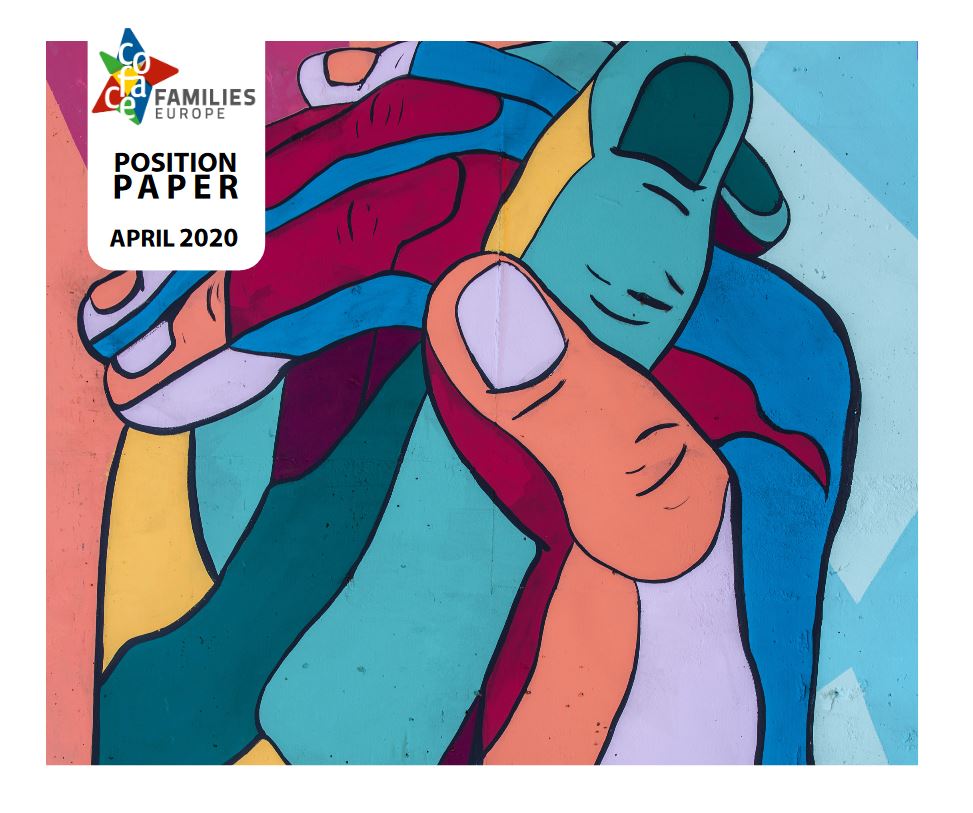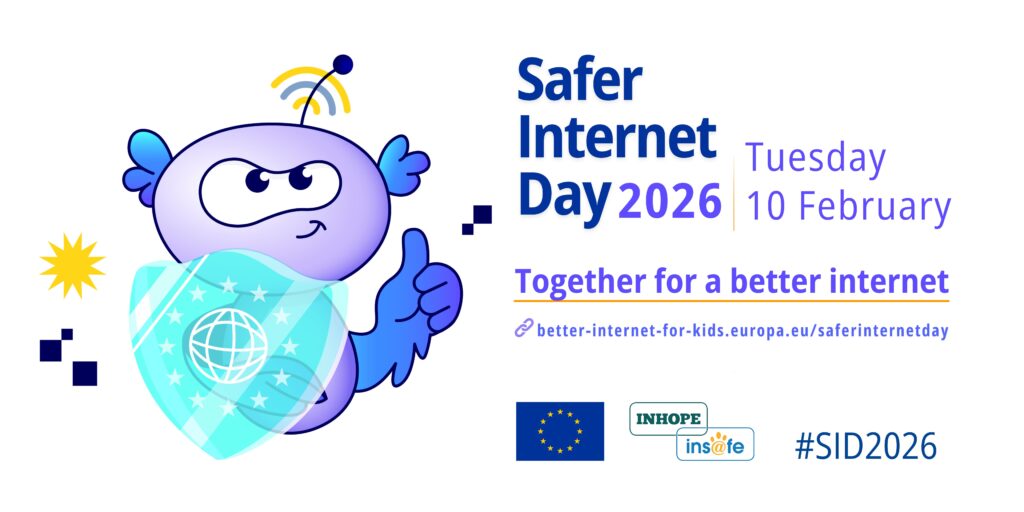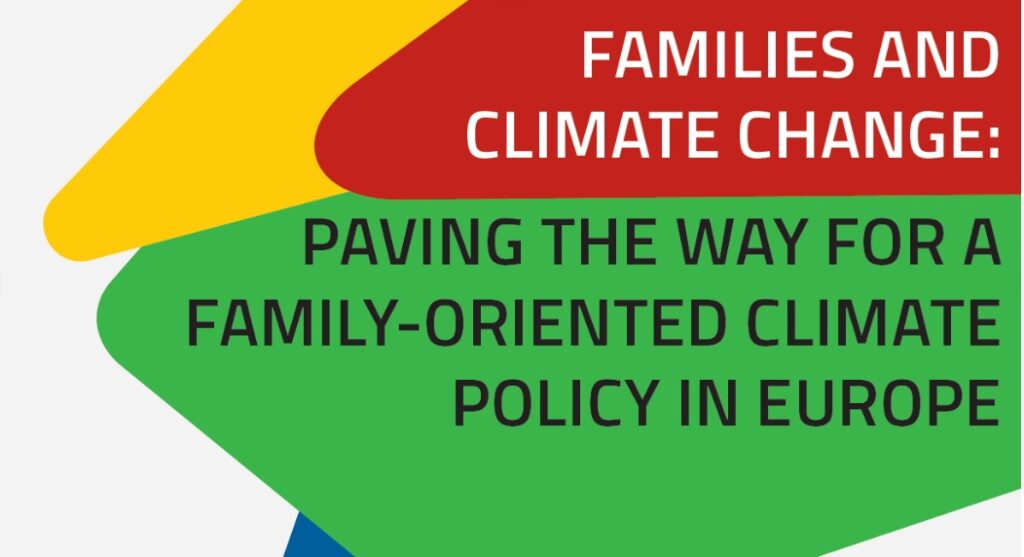Lockdowns, school closure and teleworking have pushed society into a new reality in the family, working and social spheres of life, with clear consequences on work-life balance and mental health.
The European Union, its institutions and Member States need to look at both today and tomorrow, responding to short-term emergencies while starting long-term reflection and planning for post-pandemic life: what should change, how to address the structural problems which have emerged and which need to be addressed collectively. Are we trying to save lives or trying to save the economy? We must do both and avoid the mistakes made a decade ago where both social and health policy were sacrificed in the after-math of the 2008 financial crisis.
This unprecedented global COVID-19 pandemic requires creative and sustainable solutions. This also goes through consulting civil society organisations (European and national) representing diverse interests in order to understand the needs of the population and be in a good position to respond to those needs. This global common challenge requires placing strong cooperation and partnership between governments and NGOs at the very core of our governance systems.
COFACE Families Europe recommends that EU leaders take the following actions:
- Urgently assess and meet the diverse needs of families through universally designed measures;
- Rapidly implement EU response measures to COVID-19 ensuring health protection for all without discrimination;
- Reinforce capacity and expand funding opportunities for support services to risk groups;
- Adopt a strong action plan for the implementation of the European Pillar of Social Rights with ambitious 2030 targets;
- Step up accessible technological innovations to ensure we have fully inclusive digital care services, schooling and workplaces;
- Strengthen European solidarity for a coordinated Exit and Recovery strategy;
- Use the current Economic Governance Review to launch a public debate on rethinking the European economic and monetary system;
- Redirect existing and future EU budget streams towards family support (social and care) to mitigate the impact of COVID-19.
_ _ _
ENDS
For more information contact Isabell Wutz, Communicatio Officer: iwutz@coface-eu.org





